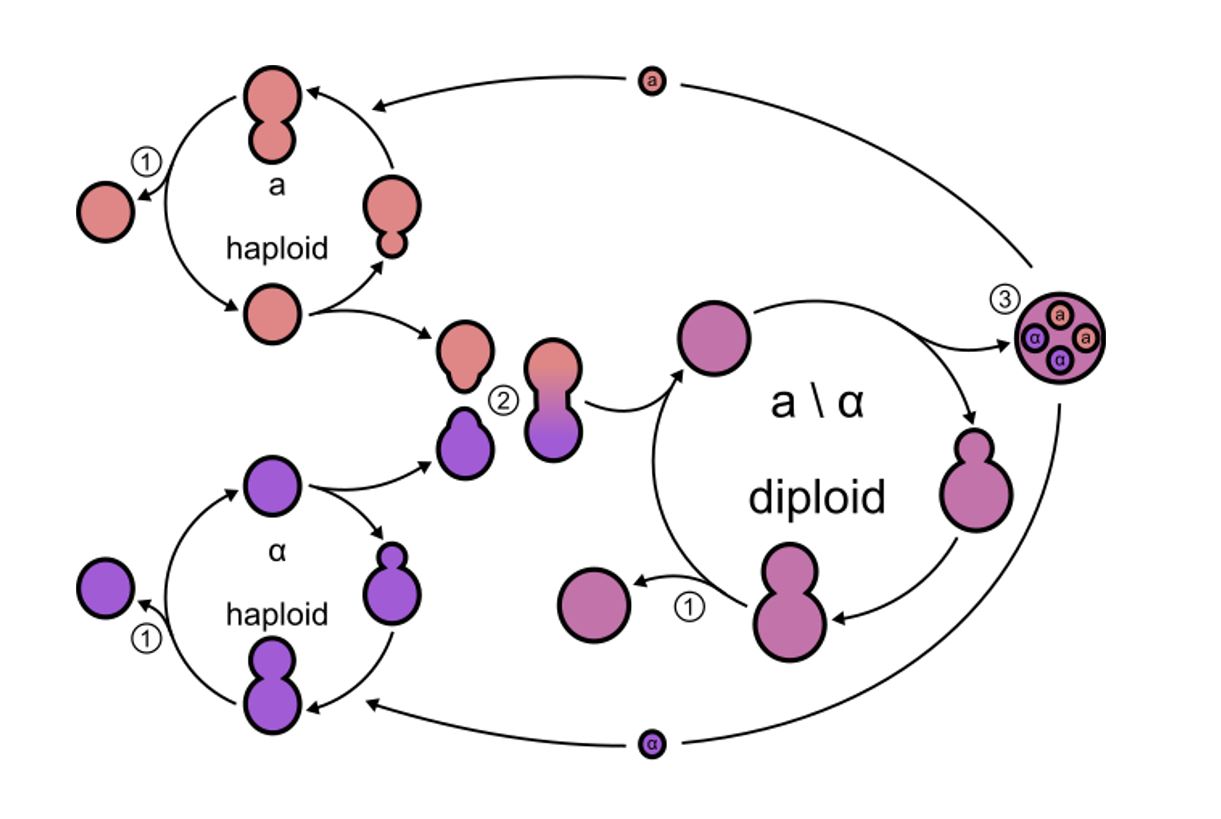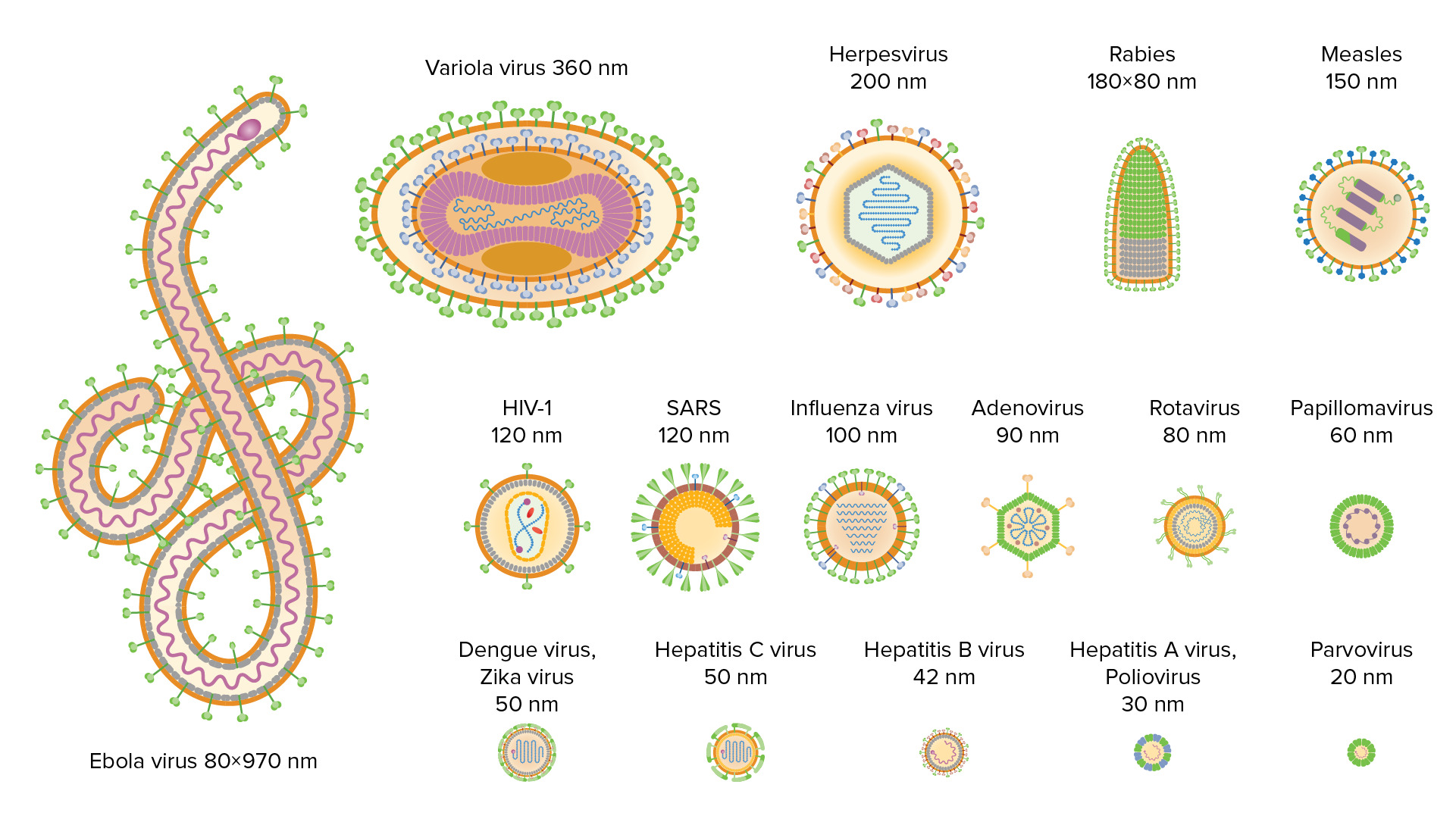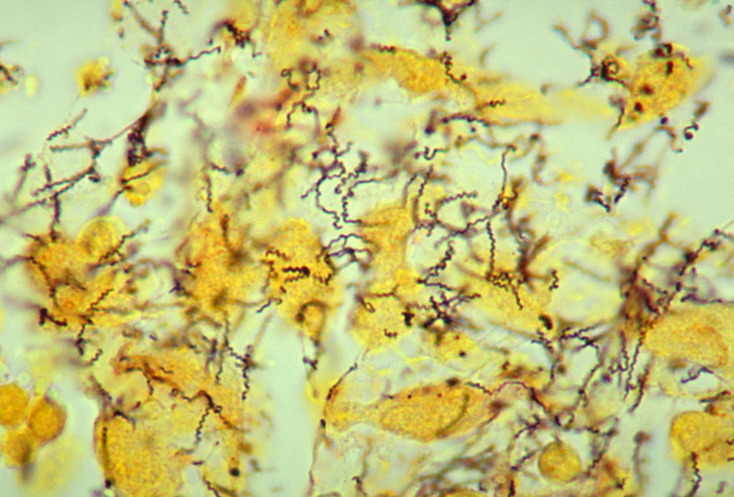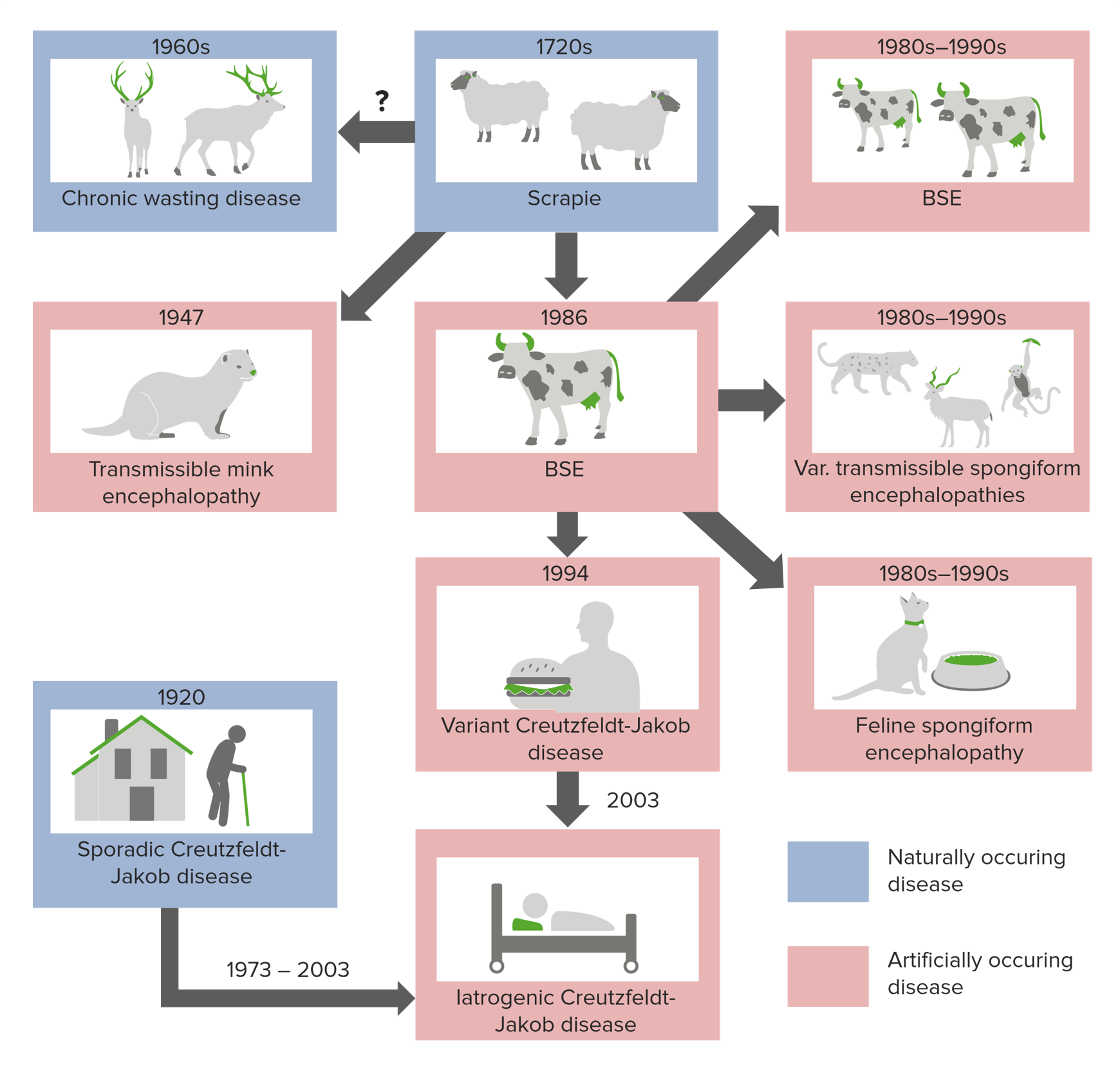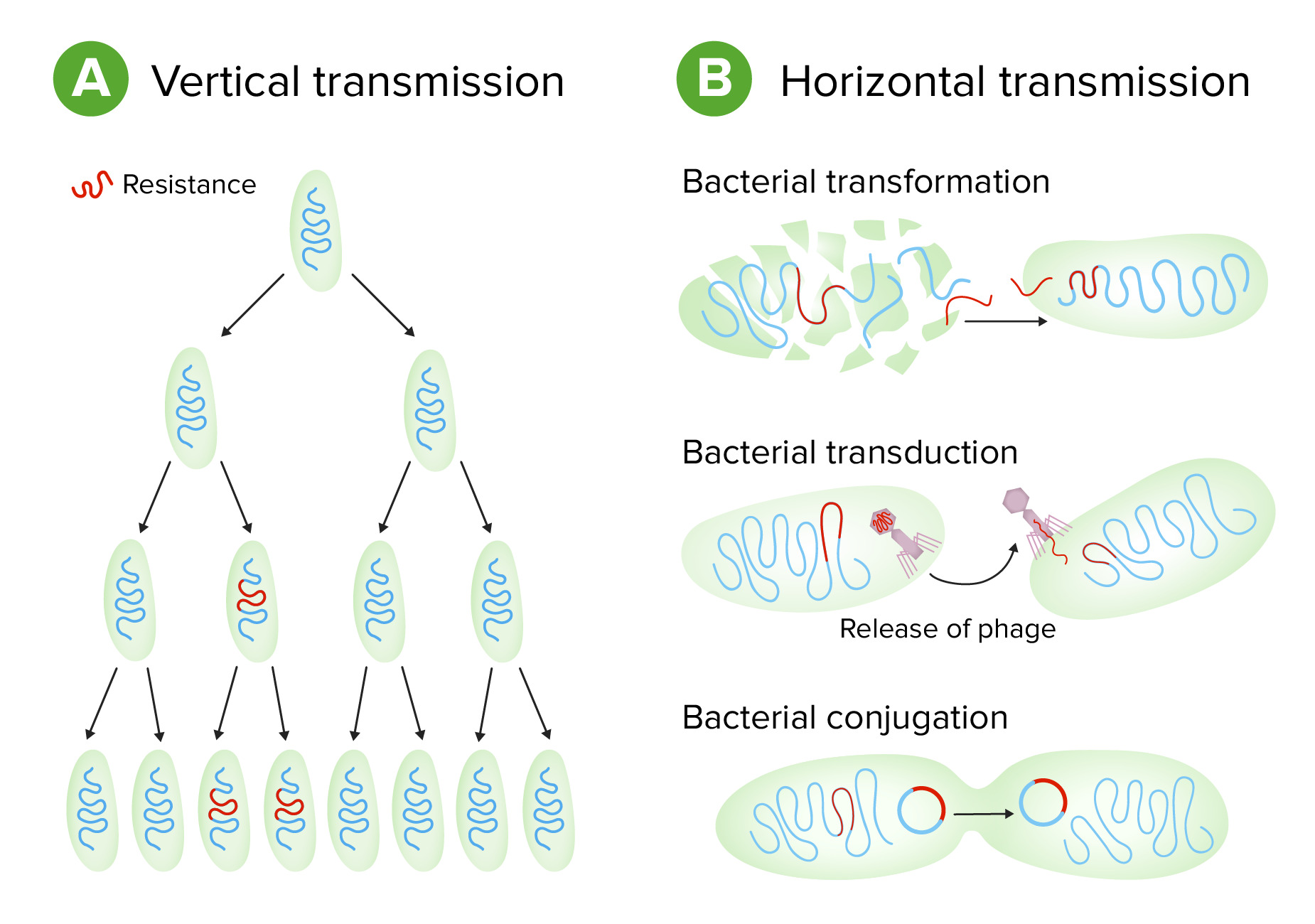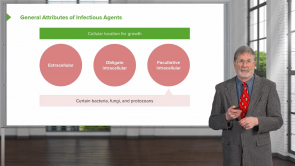

Host–pathogen Interaction
by Richard Mitchell, MD, PhDThe host–pathogen interaction defines the relationship between pathogens and the host organisms they infect. The development of infectious disease is classically thought to depend on three factors: the agent, the environment, and the host. Agents include viruses, bacteria, parasites, fungi, and even prions. Environmental factors determine whether a host becomes exposed to one of these agents, and subsequent interactions between the agent and the host determine the exposure outcome. Host–pathogen interactions start with infection and, depending on host factors, can lead to recovery, chronic infection, or death. This course covers a broad spectrum of infectious agents, as well as their varied host–pathogen interactions and outcomes.
Course Details
- Videos 19
- Duration 1:33 h
- Quiz questions 40
- Concept Pages 4
